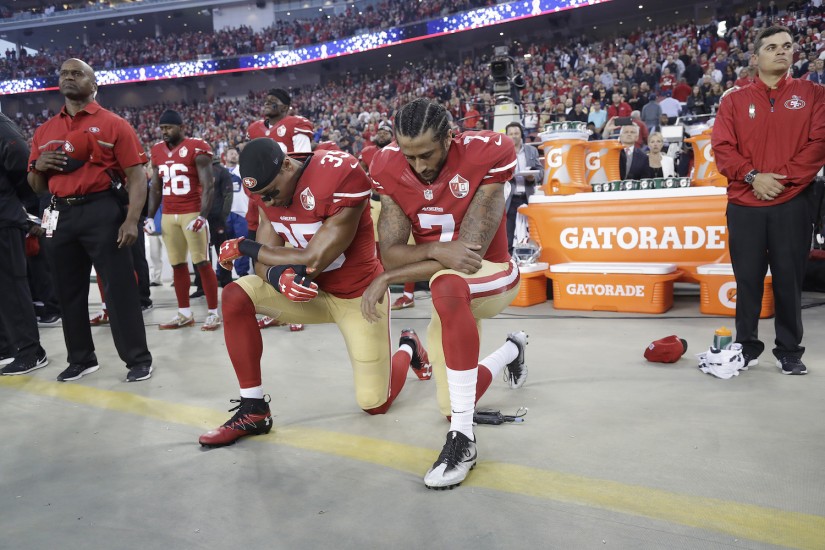LM: Whether we are talking about Major Taylor, a top cyclist at the turn of the century, or Jesse Owens or Joe Louis or John Carlos or Tommie Smith—when we talk about black athletes, we tend to celebrate their individual success and their determination. As a nation we insist there’s a ton of opportunities in America, but at the same time we tend to ignore the hardships.
So Major Taylor: there’s a brand-new Hennessey commercial about him, which essentially says the only competition he had was with himself. Which completely ignores the fact that he was Jim Crow’d out of the sport, completely ignores the fact that his neighbors in Massachusetts tried to keep him from buying a house. Major Taylor was a cyclist in the 1890s, the early 1900s, when cycling was the most popular sport; he was a black cyclist who came up from poverty, and he was the greatest cyclist in the world at that time. He was really one of the first African American athletes we presented to the world. We tend to use that to say something about us: here, in a Jim Crow society, where there’s lynching of black men, one every four days, we’re able as a nation to hold up a Major Taylor to suggest that somehow there’s individual opportunity, when that’s not actually the case. And the Hennessey commercial reinforces that notion. Taylor is one of those athletes who, as famous as he was, as well liked as he was, still had trouble buying a house in the neighborhood he wanted. And that says a lot about who we are, right? This famous black athlete still couldn’t buy the house that he wanted.
Or the stuff about John Carlos and Tommie Smith. They resonate with us so much because they’re some of the few athletes who publicly said, No more. You’re not gonna use us to celebrate this America that’s not true to us. That’s why a lot of people got upset with them at that moment, because it told on us. But at the same time they’re celebrated because they’re older, and we feel so distant from that moment and we just think as a nation that we’re past that, and we’re really not. I think that’s why it’s so important that John Carlos is still out there speaking today. Tommie really doesn’t like public stuff, but when they speak, we listen. When they talk about Kap and when they support Kap, we listen.
